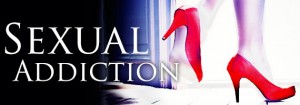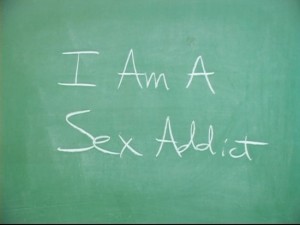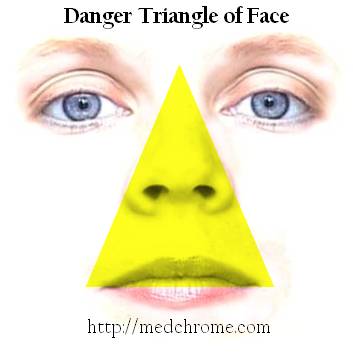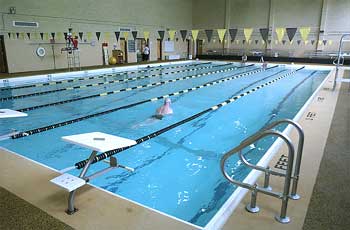Sexual addiction Issues & Treatment Options
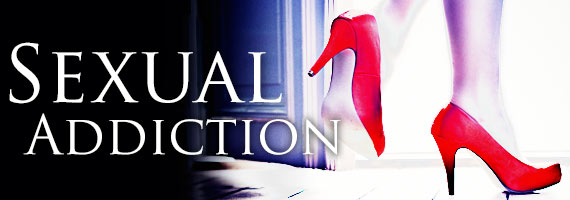
Sexual addiction, also known as compulsive sexual behavior or hyper sexuality, is far from being an imaginary condition. Sexual compulsivity is a real medical and psychiatric disorder with recognizable symptoms, which can have disastrous consequences on the health and life of the affected person if left untreated. It is a progressive condition; therefore failure to diagnose and treat on time will cause the condition to worsen.
The pseudo-acceptability of sexual compulsivity is attributed to the contemporary media which portrays acts like bondage and sexual sadism in a very unobjectionable way. Explicit content relating sexual behavior is an integral part of television, film, and print media today.
Often, the media fails to highlight that sexual addiction will always be unacceptable and it can be disastrous for the patient and the people surrounding him. This addiction is serious like any other substance abuse problem, but sexual addiction is still not considered a ‘real’ disorder by the Diagnostic and Statistical Manual of Mental Disorders (DSM-V). This poses a challenge for experts and therapists who are working to help sex addicts.
Sexual addiction issues can be diverse
Hyper sexuality can be diverse, ranging from an addiction of pornography to indulgence in prostitution. The addiction usually starts at an individual level but gradually the addict becomes more confident and social about it. Sexual addiction can have symptoms like excessive sexual urges, repeated sexual fantasies and activities, and engaging in sexual acts without considering the harm it poses to self or others involved.
Like other serious addiction or abuse problems, the patient can simultaneously suffer from severe behavioral issues like depression, anxiety, and irritability. Addicts will often engage in sexual behavior as a way to escape feelings of guilt and negativity. In some cases, sexual activities are used to break away from everyday tasks like studying for exams or completing an office assignment.
Compulsive sexuality hurts the individual and those involved in the act with him (his partner or victim) as he will keep returning to seek a more satisfying and intense sexual experience. Whether the addict or his partner identifies the problem, it is mandatory to seek help immediately. Treatment options for hyper sexuality include:
Treatment Centers
One of the options for seeking help include sexual addiction treatment centers for men. Compulsive sexuality can be a highly personal topic and it is very difficult for the patient to open up to everyone. Treatment centers offer a supportive and therapeutic ambiance to help with addiction control while preserving the patient’s self-respect and nurturing confidence to spring back to practical life. Most treatment institutes follow an expert-developed model or plan to treat the patients physically and psychologically.
Medical Treatment
While this may be only be a fractional part of some treatments, most sexual addiction cases can be cured by medical intervention. The use of mood stabilizers, antidepressants, antipsychotics, and anti-androgens can help in controlling the psychological aspect of sexual addiction. According to a study by Kuzma JM and Black DW, mood stabilizers are particularly helpful in controlling compulsive sexuality linked to bipolar disorders. Compulsive sexuality can also be controlled by altering sexual hormone function; however, the ‘chemical castration’ hormonal treatments are only limited to sex offenders and not an option for sex addicts seeking help.
Psychosocial Support Groups
There are many support groups that help addicts suffering from different types of compulsive sexual disorders. Some examples of these groups in the US are Sexaholics Anonymous and Sexual Addicts Anonymous. The psychosocial treatment offered by these groups is intensive and it can be on an individual level also; the approaches used for individual therapy are cognitive behavioral therapy (CBT) and psychodynamic psychotherapy. Other reliable modes of support for addicts include spouse/partner support and family support.
Article by Jennifer Smith

